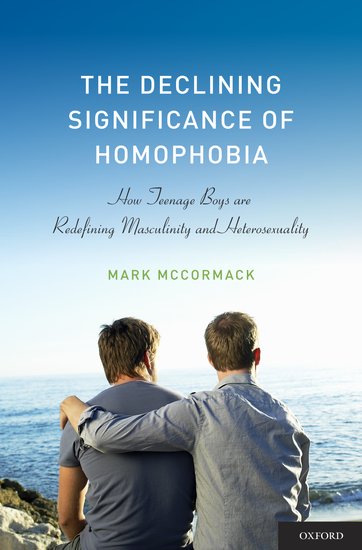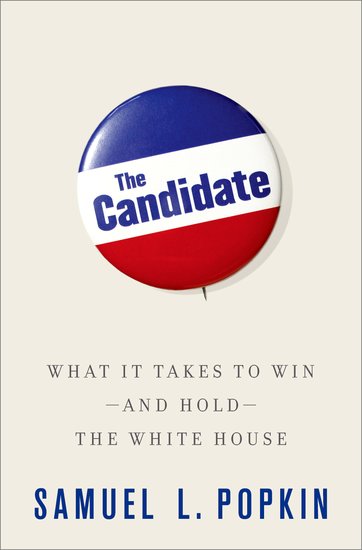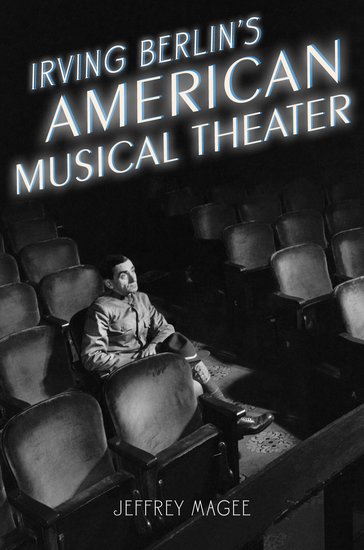Twelve Crucial Moments in Hip-Hop DJ History
I covered nearly forty years in the history of an art form — from its birth in the early 1970s to the latest technological developments — in my new book, Groove Music: The Art and Culture of the Hip-Hop DJ. I wanted to highlight some of the most important events in that rich history and for your to enjoy the accompanying sights and sounds.






















